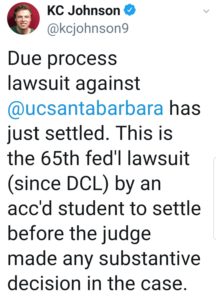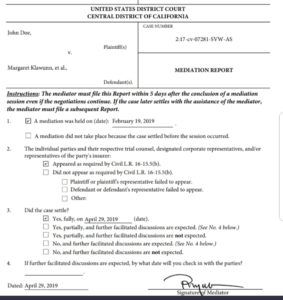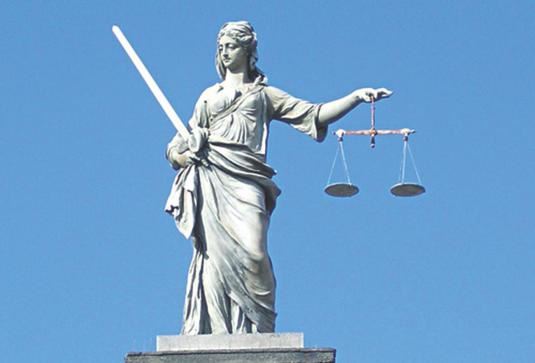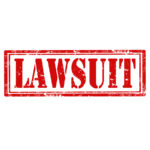SIXTH CONSECUTIVE DEFEAT for a College in a CA Appeals Court. Westmont College in Trouble For Withholding Evidence From Male Accused
In a college sexual assault case where witnesses give contradicting testimonies, the investigator cannot withhold information from the accused student without compromising the fairness of the hearing. A California appeals court faulted a Christian college for doing just that, violating its own policies in the process. In a ruling last week written by Associate Justice Martin Tangeman, the three-judge panel found that Westmont College improperly denied an accused student the ability to ask questions to both his accuser and relevant witnesses.
Westmont, an evangelical liberal arts school, was criticized by the court for deeming “nontestifying witnesses more credible than their testifying counterparts” without any explanation. It also selectively picked through the written statements by nontestifying witnesses, citing portions that put Doe in a bad light. The appeals court was particularly concerned by the Westmont panel’s pattern of picking and choosing which parts of testimonies to credit, when the witnesses made drastically different claims. Westmont got tripped up by its failure to follow “its own policies and procedures” and give Doe “the opportunity to fully respond to the evidence against him,” Tangeman wrote for the appeals court. The ruling also frowned upon Cleek’s dual roles as an “investigator and adjudicator,” which increased the judges’ concerns about the panel’s “credibility determinations.” The panel appeared to have “simply approve[d] the credibility” of one member, Cleek, who was also the investigator. Cleek’s practices came in for scrutiny. Though Westmont policies required Cleek to turn over his interview notes – Doe must be given access to “all evidence” – the investigator “omitted some of his questions and the witnesses’ answers” from his reports, which limited the “scope of questions” Doe could propose for witnesses, Tangeman’s ruling said. Because the panel refused to give Doe its notes from witnesses’ responses to panel questions, his “information deficit grew” and he had to live with “less detailed” oral summaries. A fair hearing does not allow an adjudicatory body to “rely on evidence that has never been revealed to the accused,” the judges said. Finally, the appeals court found Doe was denied the right to pose questions “even if indirectly” and to “challenge the discrepancies he saw” in witness responses to panel questions.
Westmont must let Doe “access Cleek’s notes,” as required by policies and procedures, in a new proceeding. It must also give him notes regarding panel questions and witness answers, and permit Doe to submit questions for witnesses, the appeals court ruled. The appeals court largely affirmed the trial court ruling against Westmont, except that it allowed Cleek to participate again as an adjudicator.
thecollegefix – Ethan Berman Read Court Ruling: Doe v Westmont










